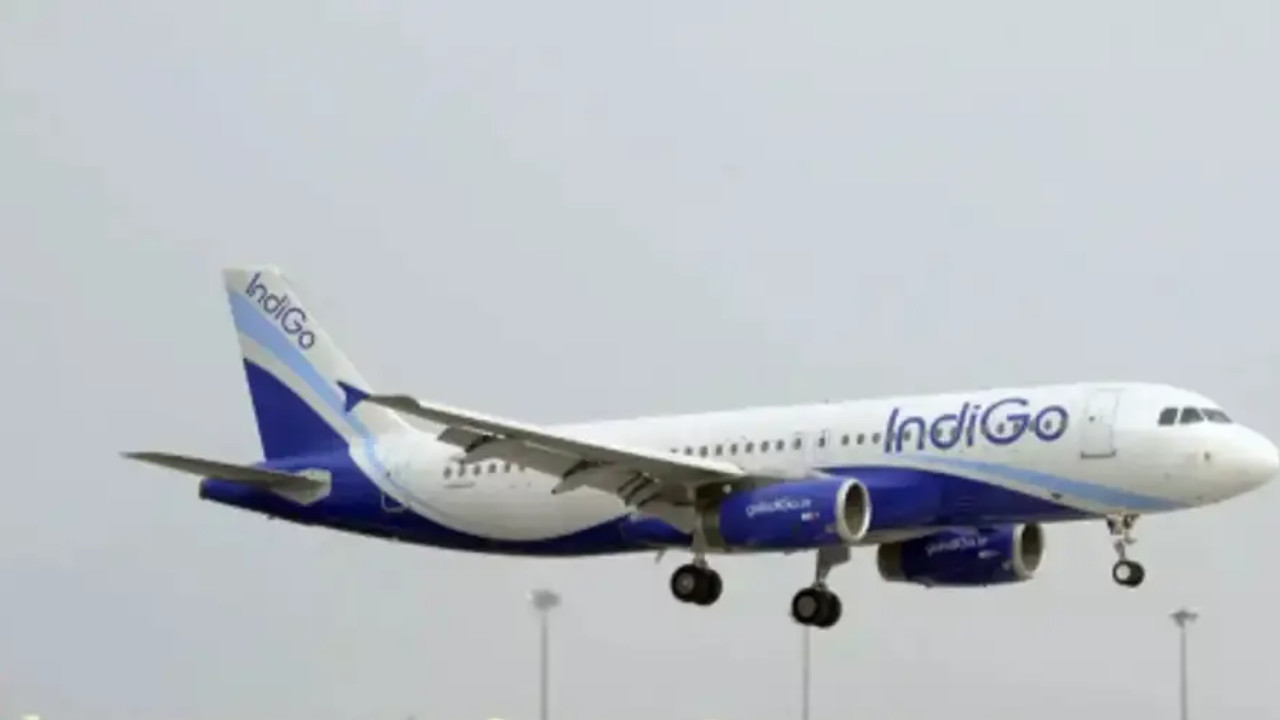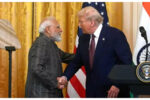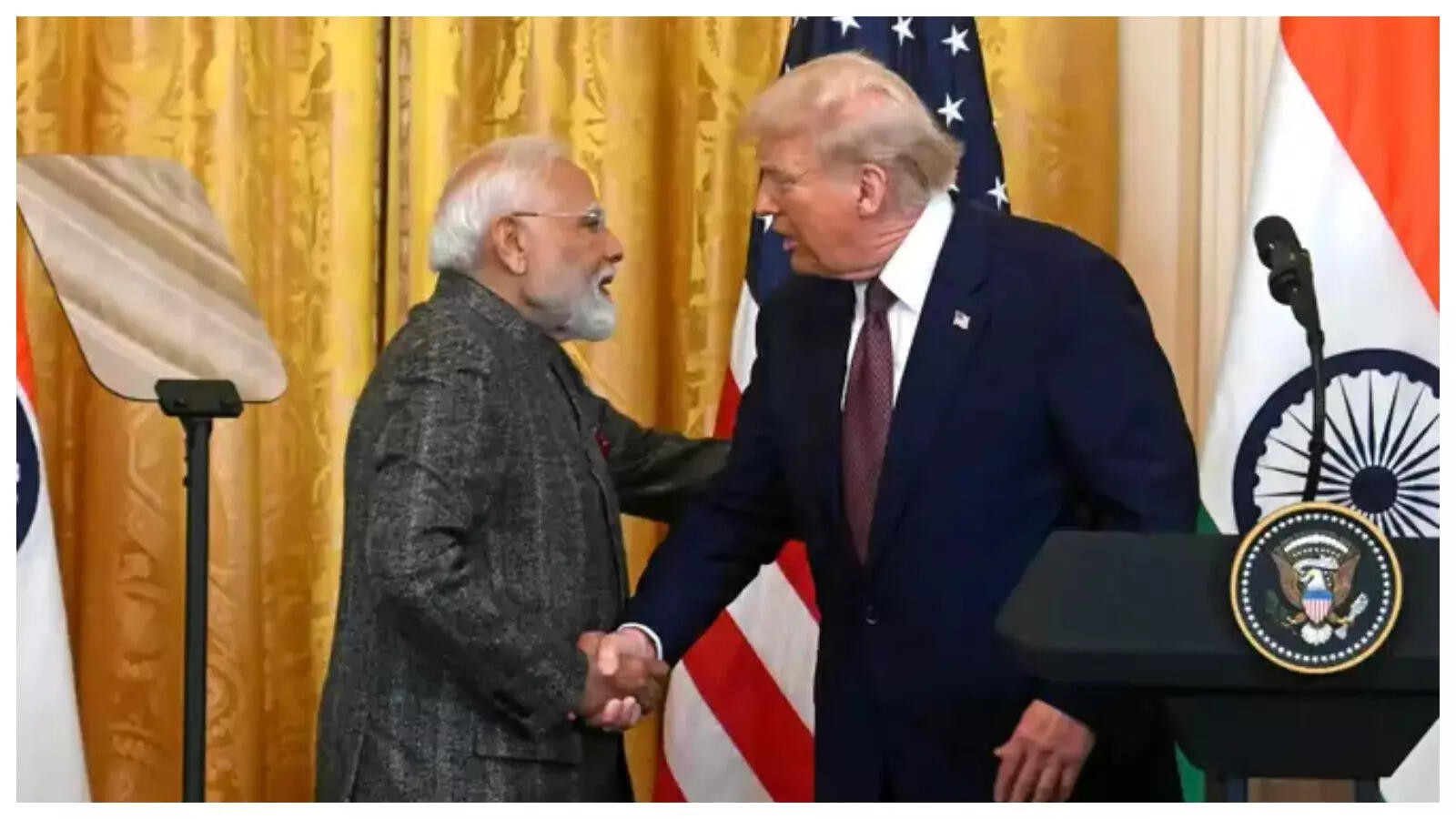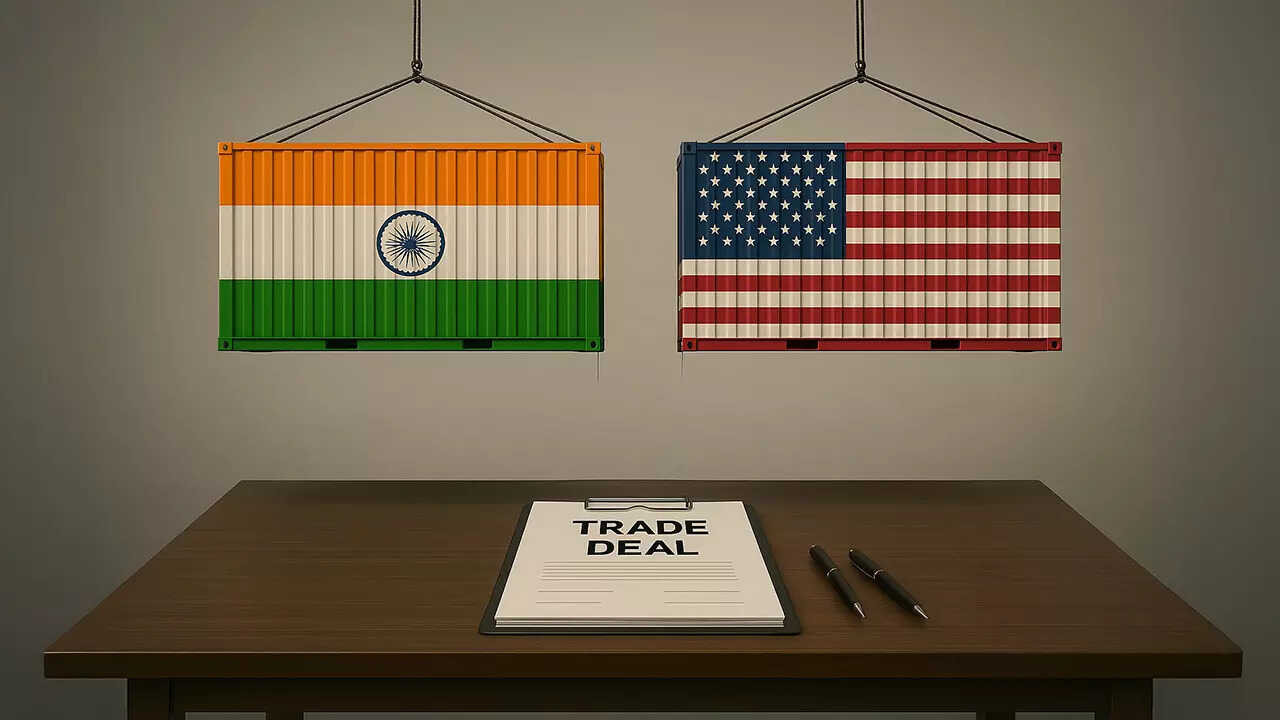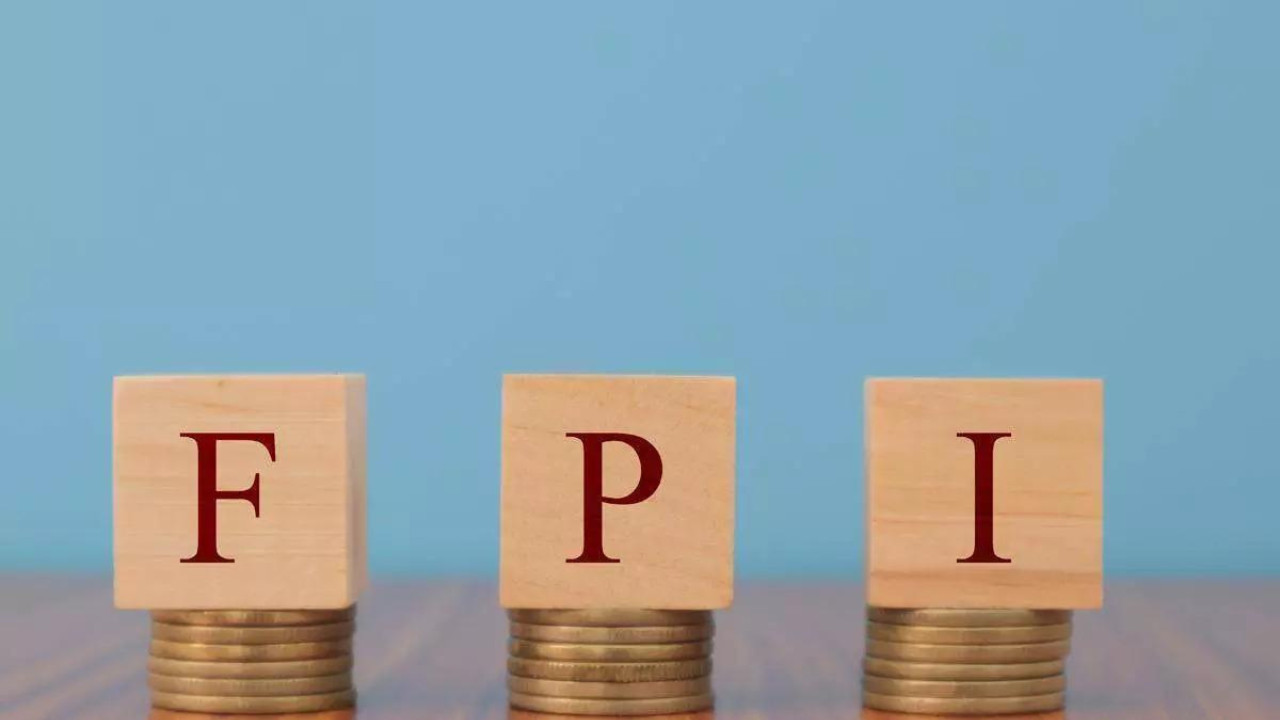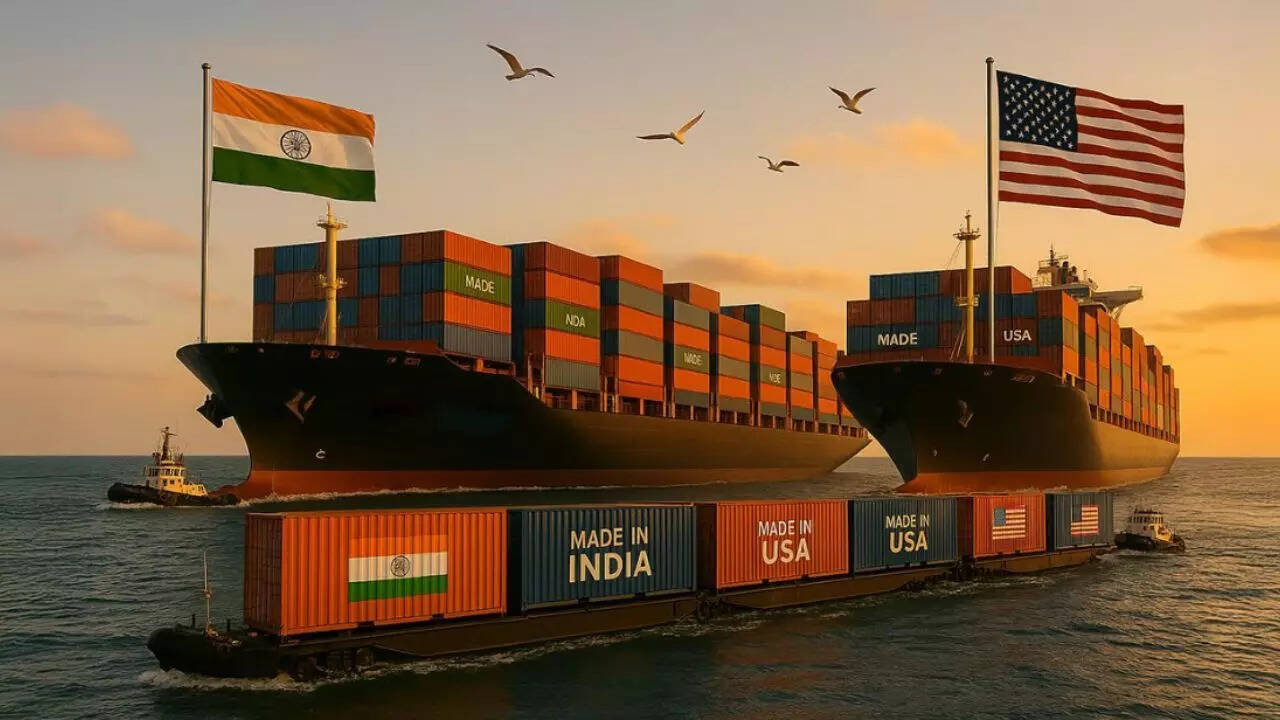IndiGo co-founder Rakesh Gangwal and his family trust plan to sell up to 3.4% of their stake in the airline for approximately Rs 6,831 crore. This move follows Gangwal’s earlier decision to reduce his holdings after a dispute with co-founder Rahul Bhatia. The sale, managed by Goldman Sachs, Morgan Stanley, and J.P. Morgan, involves 1.
Indigo Skies: Turbulence or Smooth Sailing Ahead After Gangwal’s Stake Sale?
Indigo, the undisputed king of the Indian skies, is seeing some movement behind the scenes. Forget the in-flight magazine – this is the juicy stuff happening in the financial stratosphere. Word on the street (and by street, I mean financial news outlets) is that the Gangwal family trust, closely associated with co-founder Rakesh Gangwal, is poised to offload a significant chunk of its stake – somewhere in the ballpark of 3.3% to 3.4%.
Now, before you envision miniature parachutes filled with Indigo shares raining down on Dalal Street, let’s break down what this actually means and, perhaps more importantly, why you should care.
Firstly, we’re talking about a serious sum of money. Estimates put the value of this potential sale around a cool ₹6,831 crore (that’s roughly $820 million for our international readers). That’s not pocket change; that’s enough to buy a small fleet of (presumably not Indigo) aircraft.
The news itself isn’t earth-shattering. Gangwal, who stepped down from the Indigo board a couple of years ago following a well-documented spat with co-founder Rahul Bhatia, has been steadily reducing his holdings in the airline. This planned sale is, in many ways, a continuation of that divestment strategy. It’s a planned exit, not a panicked retreat.
But here’s where things get interesting. What does this gradual withdrawal signal about Gangwal’s long-term vision for Indigo? Was his initial involvement a pure investment play, or did it stem from a deeper passion for the airline’s direction? We can only speculate.
The official line, of course, will be something about portfolio diversification and strategic financial planning. And that’s probably true, at least in part. But let’s not pretend there wasn’t friction. The boardroom battles between Gangwal and Bhatia were legendary, and while those days are officially behind us, they undoubtedly cast a long shadow. It’s natural to wonder if this sale is about more than just money.
So, what does this mean for Indigo’s future? Will this shake the foundations of the low-cost carrier model that has propelled it to such dominance?
Probably not. Indigo is a well-oiled machine at this point. It’s navigated turbulent economic times, cut-throat competition, and fluctuating fuel prices with remarkable agility. The airline has a strong brand, a loyal customer base (despite the occasional baggage handling mishap), and a clearly defined strategy.
However, such a substantial share dilution inevitably creates ripples. While it’s unlikely to fundamentally alter Indigo’s course, it does present opportunities. Potential buyers, institutional investors, and even strategic partners could swoop in to acquire these shares, potentially injecting new capital, fresh perspectives, and perhaps even shifting the power dynamics within the airline.
Think about it: a large international airline looking to expand its presence in the lucrative Indian market could see this as a golden opportunity. A private equity firm specializing in aviation could see the potential for further growth and efficiency improvements. The possibilities are numerous.
Furthermore, this sale could influence investor sentiment, at least in the short term. While the market generally understands Gangwal’s planned exit, there’s always a risk of knee-jerk reactions and short-selling pressure.
Looking ahead, the real challenge for Indigo lies in maintaining its competitive edge. The Indian aviation sector is fiercely contested, with new players emerging and established airlines vying for market share. Fuel prices remain volatile, and the regulatory landscape is constantly evolving.
Indigo needs to continue innovating, expanding its network, and maintaining its laser focus on cost efficiency. It needs to invest in technology, improve customer experience, and attract and retain top talent. These are the factors that will ultimately determine its long-term success, far more than who holds a few percentage points more or less of its shares.
In conclusion, the Gangwal family’s stake sale is a significant event, but it’s not necessarily a cause for alarm. It’s a sign of the evolving dynamics within Indigo and the broader Indian aviation market. While the short-term impact may be limited, it opens up interesting possibilities for the airline’s future. Will it be a smooth landing, or will Indigo encounter further turbulence? Only time will tell. But one thing is certain: the skies above India are getting a lot more interesting.
📬 Stay informed — follow us for more insightful updates!
